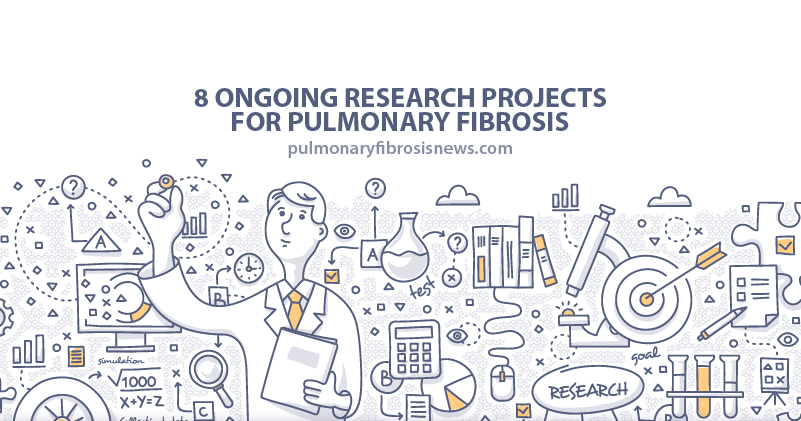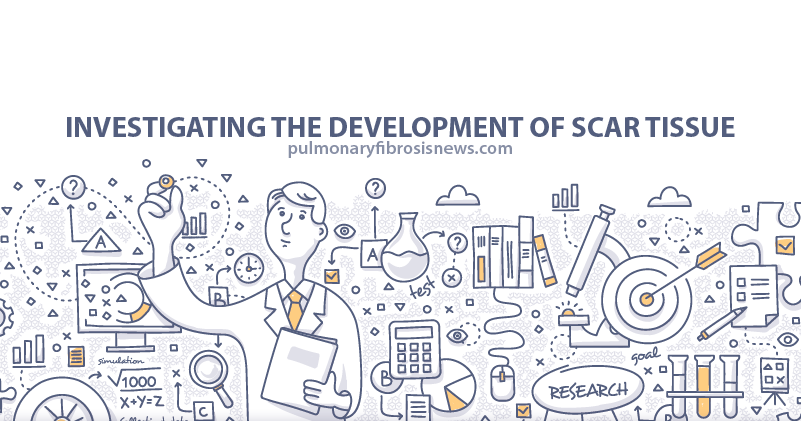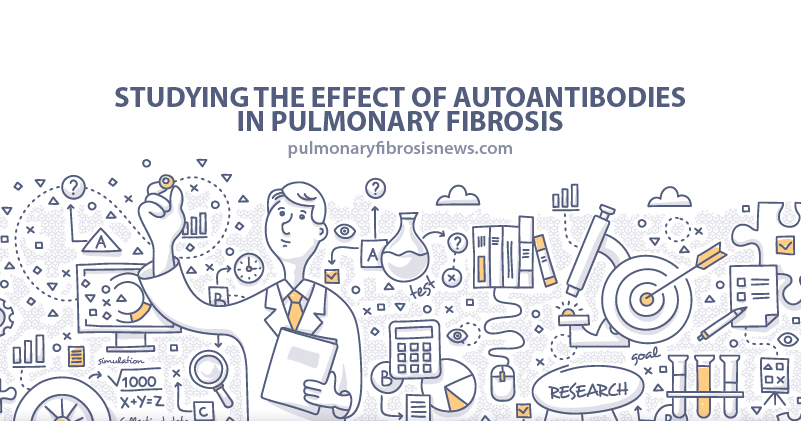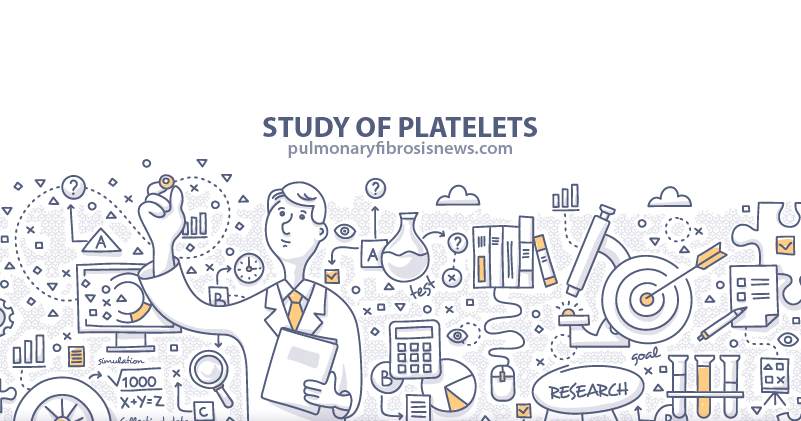8 Ongoing Research Projects for Pulmonary Fibrosis
Written by |

The world of science and medicine never stands still. Research constantly pushes things further along–creating, developing, and fine-tuning treatments so they are more effective, and working to establish why diseases happen and how they progress. Thankfully, pulmonary fibrosis research is also constantly moving forward. According to breathingmatters.co.uk, the Centre for Inflammation and Tissue Repair (CITR) at UCL Respiratory is working on several projects at the moment:

Investigating the development of scar tissue
Understanding why lung tissue becomes scarred will take scientists one step closer to coming up with ways to prevent it from happening or developing treatments to slow the progression or reverse the damage.
Read the top 10 articles about pulmonary fibrosis from 2016

Studying the effect of autoantibodies in pulmonary fibrosis
Understanding why and how the body creates autoantibodies which attack the blood vessels in patients with pulmonary fibrosis and other interstitial lung diseases and developing strategies to investigate these further.
Every breath counts: The reality of idiopathic pulmonary fibrosis

Improving molecular imaging
Molecular imaging or PET scans allow doctors to see in detail any areas of fibrosis in the lungs. These scans help doctors to determine the best course of treatment.
University of Alabama selects advanced CAT-scan tool to investigate breathing disorders

Investigating the activation of leukocytes
Scientists know that leukocytes (or white blood cells) become activated if a person has pulmonary fibrosis. Scientists are researching why this happens, if it can be reversed, and the role low oxygen concentration plays.
Idiopathic pulmonary fibrosis progression may depend on type of white blood cells.

Study of airway epithelial
Researchers are looking at the relationship between white cells and airway epithelium, comparing the white cells of pulmonary fibrosis patients to those of non-PF control patients.
Find out about personalized care for idiopathic pulmonary fibrosis.

The INHALE study
Researchers are working to find out if some of the new drugs developed for the treatment of IPF can be used via inhalers and if inhaling the drugs would reduce side effects.

Study of platelets
Researching whether pulmonary fibrosis patients have stickier platelets than patients without any lung diseases and what role the platelets play in interstitial lung diseases.

The Lung-COOL study
Developing the use of bronchoscopic cryoscopic lung biopsy as a minimally invasive tool for diagnosing idiopathic pulmonary fibrosis and other lung diseases.
Find out more about diagnostic tools used for pulmonary fibrosis.
Pulmonary Fibrosis News is strictly a news and information website about the disease. It does not provide medical advice, diagnosis or treatment. This content is not intended to be a substitute for professional medical advice, diagnosis, or treatment. Always seek the advice of your physician or another qualified health provider with any questions you may have regarding a medical condition. Never disregard professional medical advice or delay in seeking it because of something you have read on this website.





